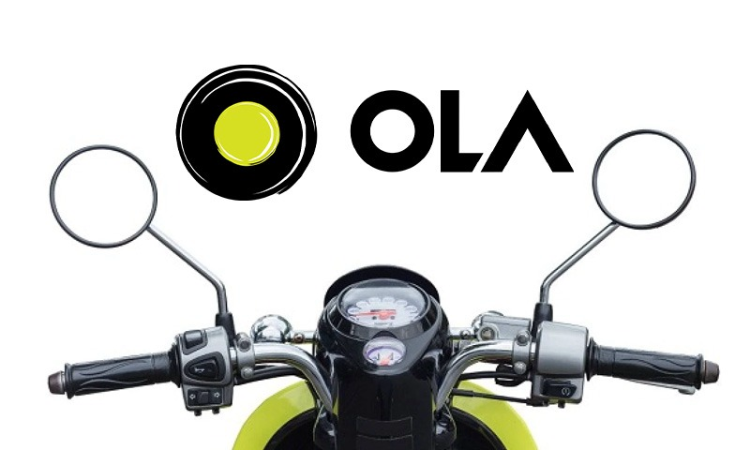Ola Not Liable To Deduct Withholding TDS On Payments To Drivers: ITAT
Mariya Paliwala
23 Sept 2022 1:00 PM IST

Next Story
23 Sept 2022 1:00 PM IST
The Chandigarh Bench of the Income Tax Appellate Tribunal (ITAT) has held that Ola is not liable to deduct withholding TDS on the payments to drivers.The two-member bench of Sudhanshu Shrivastava (Judicial Member) and Vikram Singh Yadav (Accountant Member) has observed that the AO and the CIT(A) erred in concluding that the assessee was providing transportation services which were...
